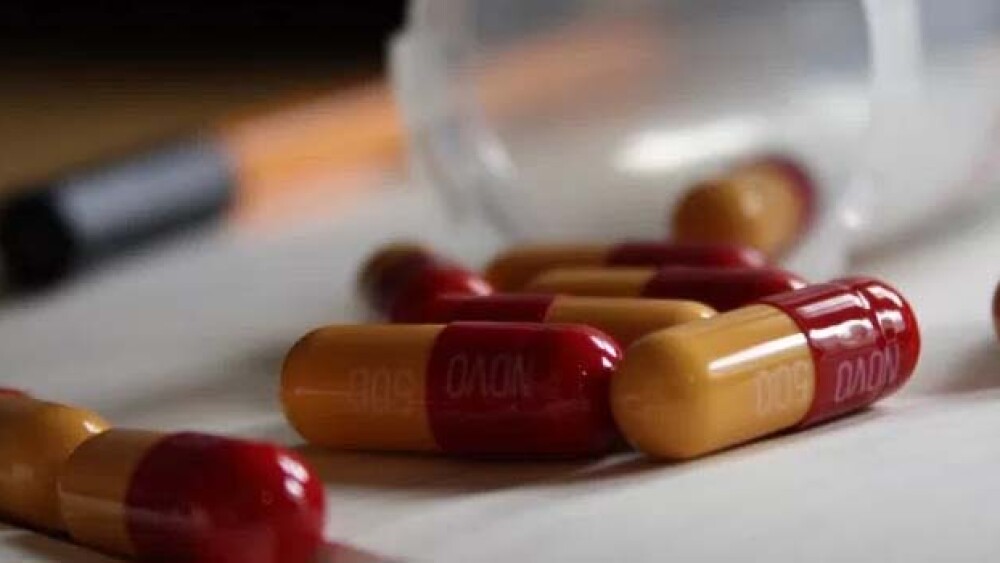While lirilumab was shown to be well-tolerated, it did not demonstrate efficacy in treating that patient population.
Shares of Innate Pharma continue to fall following last week’s revelation that its drug lirilumab in combination with Opdivo is not an effective treatment for patients with squamous cell carcinoma of the head and neck.
While lirilumab was shown to be well-tolerated, it did not demonstrate efficacy in treating that patient population. The two companies announced right before the Thanksgiving holiday that lirilumab in combination with Opdivo (nivolumab) “did not provide clear evidence of benefit to patients or an obvious development path.” Lirilumab is a fully human antibody directed against the inhibitory killer-cell immunoglobulin-like receptors (KIRs) expressed predominantly on circulating natural killer (NK) cells. Discussions are ongoing regarding next steps for the program.
“Clearly this is disappointing, but we remain convinced, based on broad preclinical evidence, that NK cells play an important role in cancer immunosurveillance. Together with Bristol-Myers Squibb, our partner, we will further examine these data to better understand the results and explore whether other combinations should be investigated,” Mondher Mahjoubi, Innate’s chief executive officer, said in a statement.
Shares of Innate plunged on the news, falling to $5.25 per share. This morning the stock continued to dip to $5.08 per share on the European exchange.
BMS and Innate struck a licensing deal in 2011. BMS paid Innate $35 million upfront and the French company stood to gain up to $430 million in milestone and development payments.
This failure marks the second disaster for lirilumab this year. In February, Innate and partner BMS said lirilumab failed as a single agent maintenance treatment in elderly patients with acute myeloid leukemia (AML) in first complete remission. The drug had been in Phase II development by BMS. Innate said it will continue to press forward with lirilumab at the American Society of Hematology meeting next month and discuss the Phase II failure. In its statement this morning, Innate noted that it believes the Phase II data supports the notion that “alternate dosing regimens, where KIR receptors are not permanently occupied and allow the interaction with their cognate ligands during maturation, could be worth exploring” in AML patients.
Mahjoubi added that killer-cell immunoglobulin-like receptors, as opposed to NKG2A receptors, play a pivotal role in NK cell maturation. He said that maturation requires the “interaction between KIRs and their cognate MHC class I ligands and thus full occupancy of the receptor may lead to dysfunction of maturing NK cells.” That function represents an “additional challenge” in finding the right dosing regimen or appropriate combination partner, Mahjoubi added.
So far this year, BMS and Innate have seen two failures of lirilumab in different indications. Lirilumab is being investigated in six trials sponsored by Bristol-Myers Squibb, across a range of solid and hematological cancer indications in combination with other agents, such as Opdivo.





